We’ve all experienced it…a delicious 600+ calorie lunch and that real full tummy, the button of your jeans undone, feeling of satisfaction… only to remember you’ve got a 10km planned with a buddy from your local running club for the afternoon and… it’s already the afternoon.
Time to lace up and head out, with a full belly.
You shouldn’t run too soon after a large meal because digestion requires a large amount of the body’s energy.
To facilitate the digestion process, the body directs more blood flow to the stomach and other internal organs to accomplish this work.
—This is why you would have rather opted for an afternoon snooze instead.
Let’s have a look at what exactly happens in your body while you run with that full tummy as well as what and when you should eat to feel great during your runs…
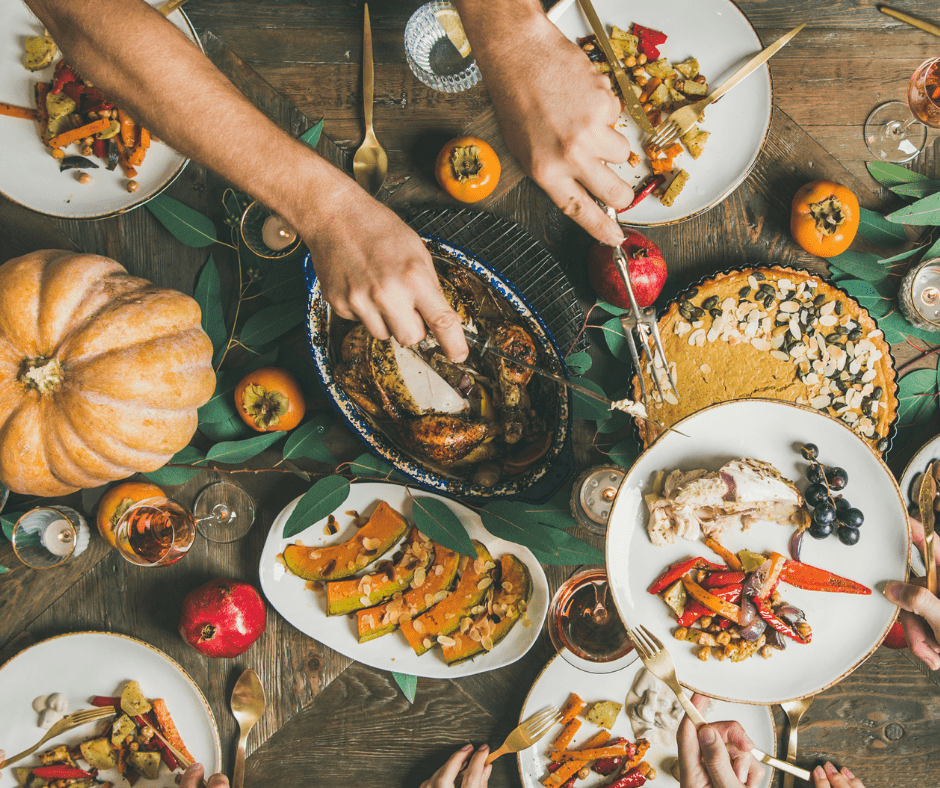
What Happens If You Run RIGHT After Eating
Heading out for a run after eating a large meal can lead to feeling sluggish, and cramping and can give you digestive problems.
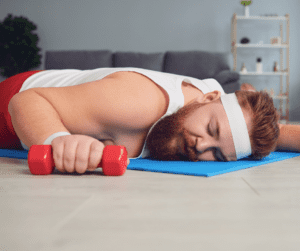
If you have a large amount of food in your stomach running will be difficult and uncomfortable because the human body is not designed for digestion and exercise at the same time.
Common issues people experience when running on a full stomach are cramps, stomach aches, gastrointestinal (GI) distress, and an upset digestive tract.
Some people even experience a queasy feeling when running on a full stomach…
Eating a lot of food can make you uncomfortable because the sheer volume of food can distend the stomach, which can trigger pressure receptors that tell the body when to stop eating.
In extreme cases, this discomfort can reach a point where it triggers nausea or vomiting.
Nausea Before, During, or After Your Run? Here Are 5 Reliable Ways To Prevent It
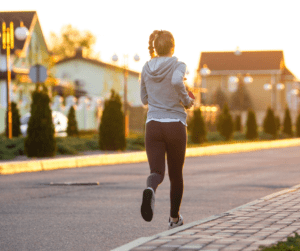
How Long Should You Wait After Eating To Run?
The length of time you should wait before exercising varies by sport and individual. Thus, you may have to experiment to find your ideal digestion period.
Commonly, it ranges from 30 minutes to 3 hours.
The important thing is that you need to factor in your meals and snacks accordingly.
To optimize your energy stores, we recommend eating just a pre-run snack before exercising.
Your prerun snack should be made up of simple carbohydrates and little or no fat and protein as these simple carbs are easier to digest, you may only need to wait an hour or so before heading out for a run after this type of snack.
The best way to know how much, what, and when you should be eating around your run is an experiment you need to conduct on yourself.
The above is true but there are also some guidelines you can follow.
These can be found here.
While experimenting, try choosing something light and easily digestible that your body’s familiar with like a banana with some nut butter, apple sauce, or granola.
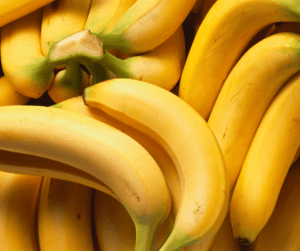
Avoid things that are acidic or dairy-based as they have a higher chance of upsetting your stomach.
Keep a diary of what you’ve eaten before each run, how long you waited, and how you felt, that way you can compare your data over some time and this will reveal trends to help you find the right methods for your body.
Should You Eat Breakfast Before Your Morning Run?
Yes, you should eat breakfast before your morning run… but, not everyone can.
But it doesn’t mean they shouldn’t. So if they struggle with food – a banana or glass of fruit juice will suffice for the carbs they need (and then of course need to refuel during longer runs).
Not everyone can because of individual circumstances but the idea is… yes. If you are training in the morning, you should consume something small.
After you’ve had a whole night’s sleep you will have depleted your liver glycogen stores and therefore when you wake up in the morning it is a good idea to have something small.
Running in a fasted state can have its detriments!
Some people have no issue with eating breakfast and other people struggle so if you are someone that struggles then even having just two bites of a banana and half a glass of fruit juice will be worthwhile.
I recommend running on a small piece of toast or half an energy bar…I wouldn’t use gels as they are too simple of sugar and they actually can cause rebound hypoglycemia.
Rebound hypoglycemia refers to low blood sugar that occurs after a meal — usually within four hours after eating.
If you are someone who struggles to eat breakfast before a run, then you need to compensate by making sure that most of the day you eat pretty well to make sure that your muscle glycogen stores are high.
The way you do that is by making sure you always take in something post-exercise and if you’re taking something within 15 to 20 minutes of exercise your muscle glycogen will always be high.
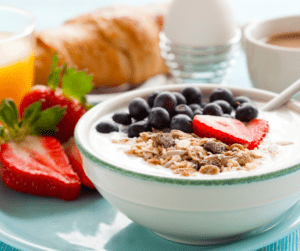
If you have to do high-intensity workouts then take an energy drink with you on the run or down to the track wherever you’re going to do it so that you can sip slowly on that energy during your training.
Many people are so busy and their goal is to maximize the amount of sleep they get, so when the alarm clock goes off they almost want to slip their running shoes on and head out the door immediately.
This is a great opportunity to practice your nutrition strategy for race day because as much you train during the week when races do come along… a lot of the time they require an early start.
The last thing you want to do is not be prepared or try something new on race day from a nutrition point of view…
If you’re waking up two hours before your run starts it’s an opportunity for you to test your gut and prepare your race strategy during training.
Examples of good, early morning pre-race breakfasts include:
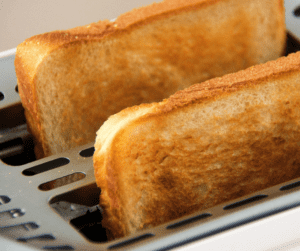
- Toast, or crumpets with jam, peanut butter, or Nutella (smaller amounts)
- Porridge with peanut butter (smaller amounts), jam, fruit, and honey.
- Fruit-based smoothie with oats in.
- Cereal bars
- Bowl of cereal with milk.
- Fruit salad.
- Rice cakes, or a bowl of rice with honey.
- Banana with peanut butter.
- Banana pancakes




Comments are closed.